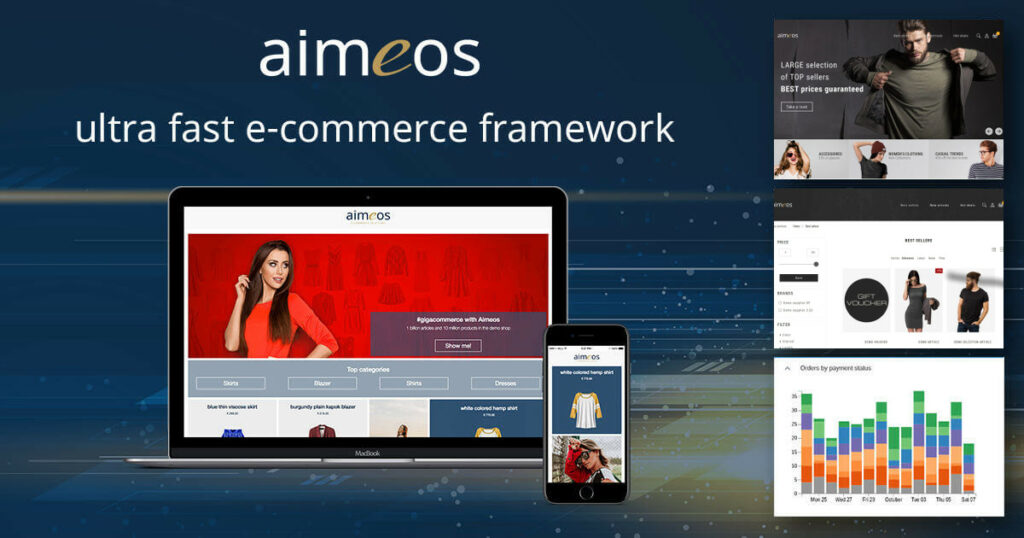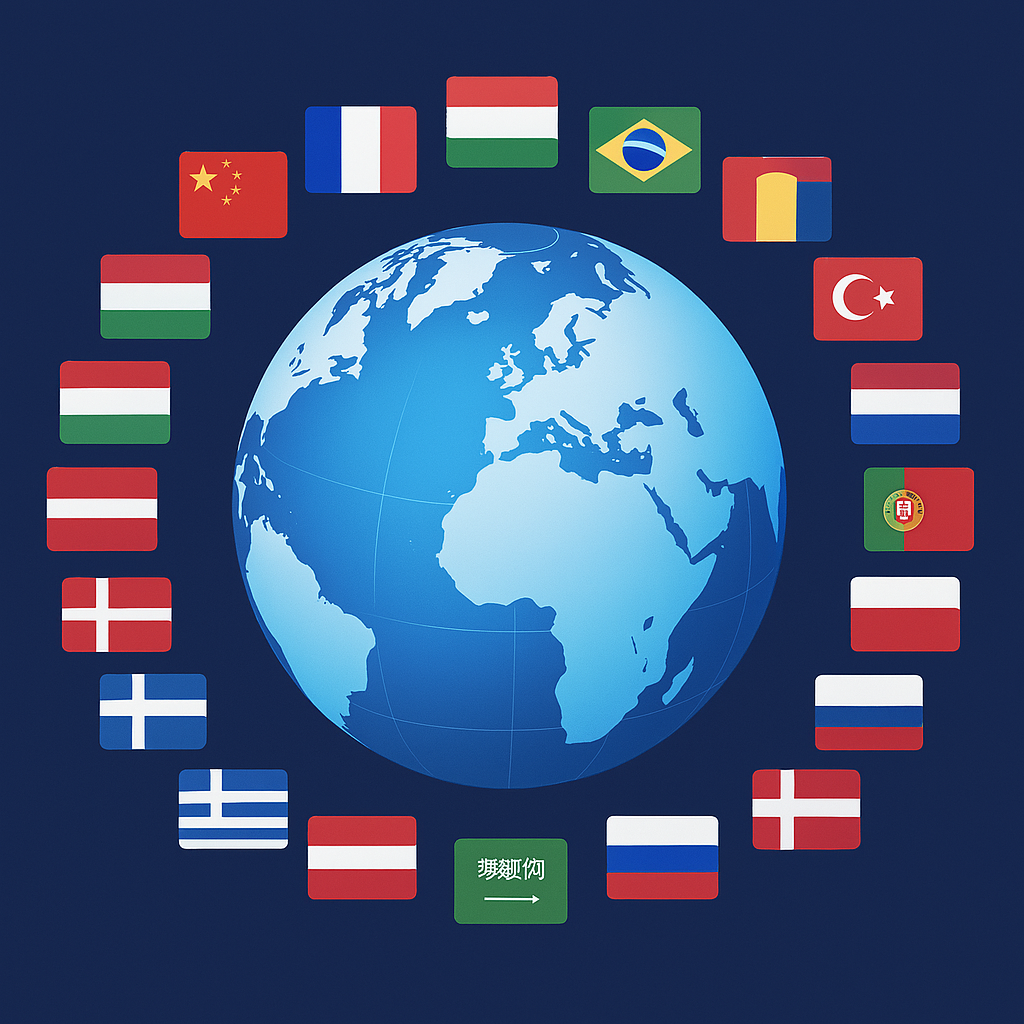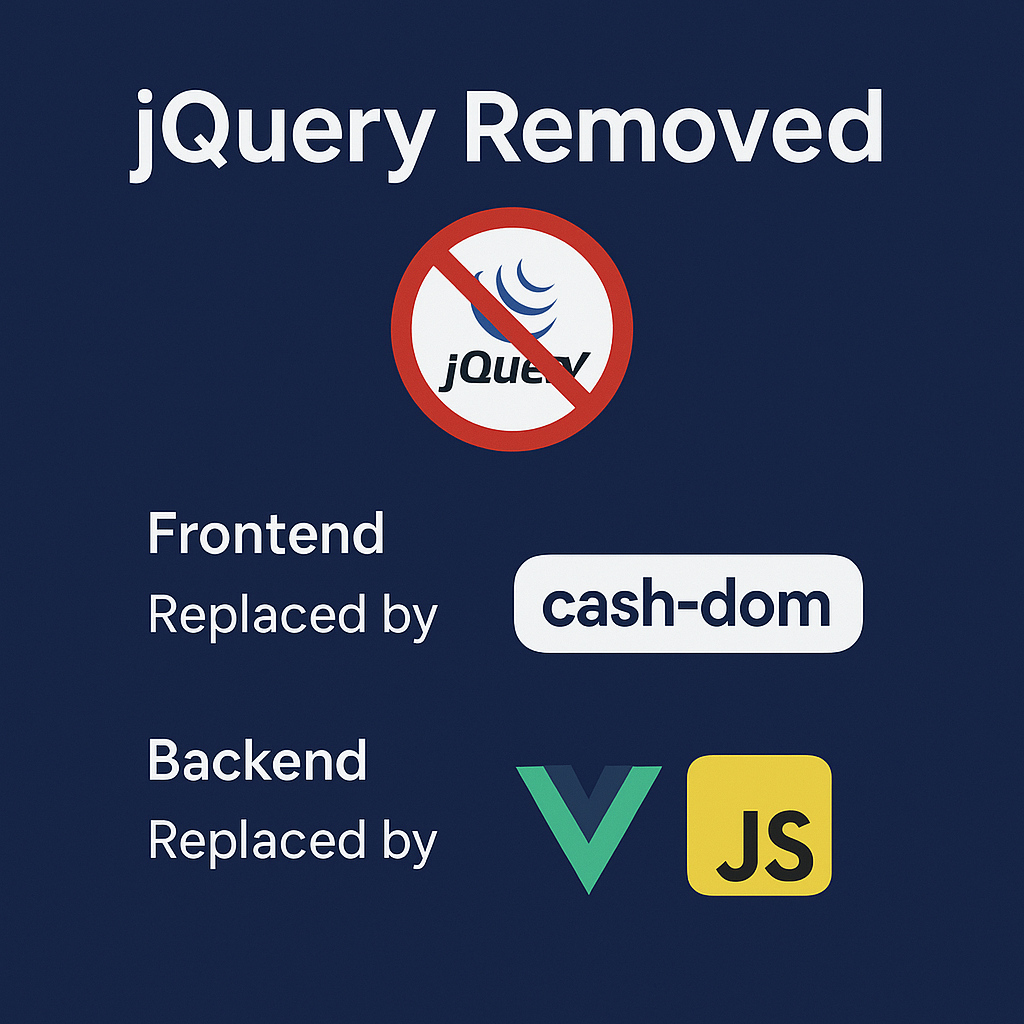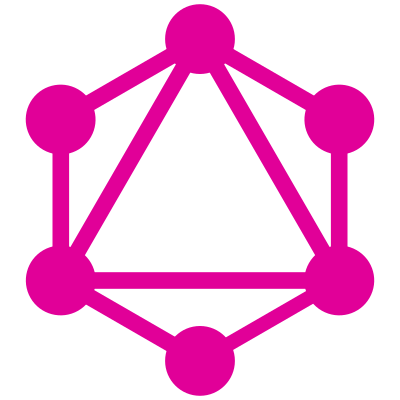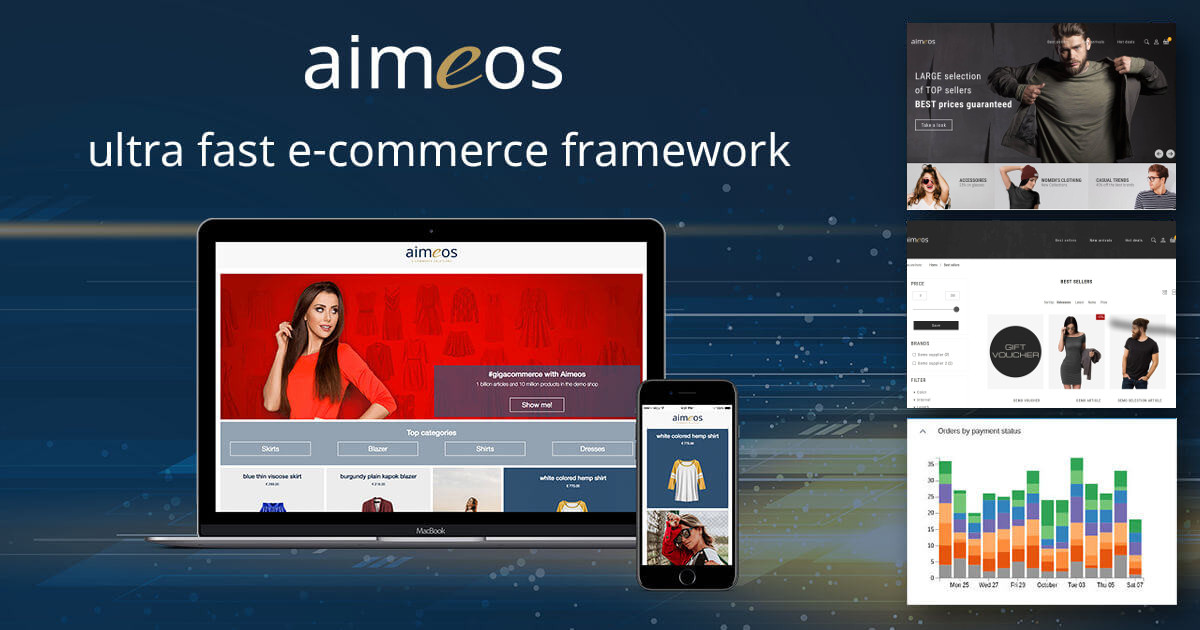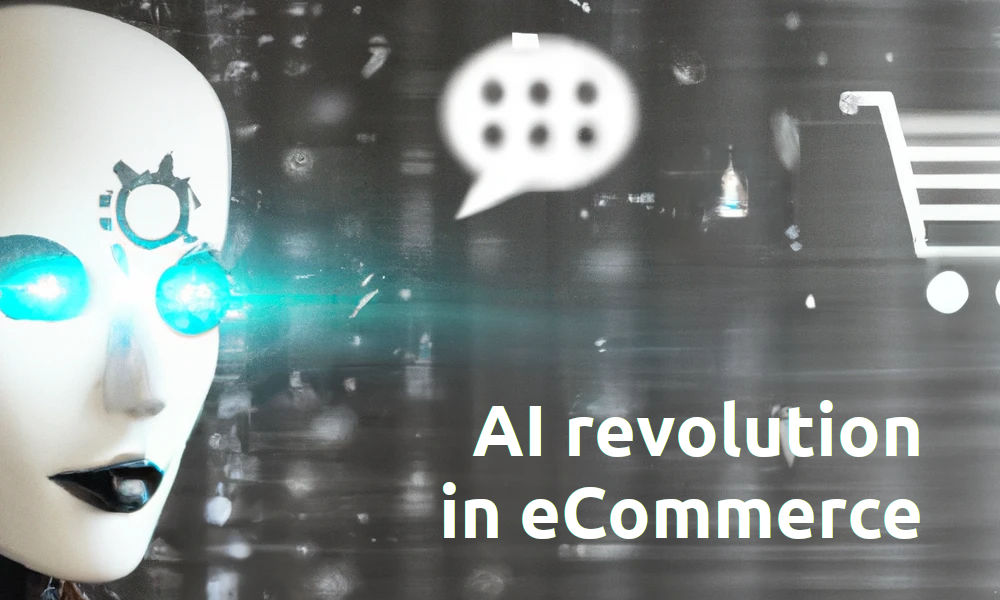In today’s fast-paced digital landscape, mastering content management is no longer optional—it’s essential for success. Legacy Content Management Systems (CMS) often struggle to keep pace with modern demands for agility, personalized experiences, and intelligent automation. Enter PagibleAI CMS: a revolutionary platform engineered to overcome these limitations by seamlessly integrating cutting-edge artificial intelligence throughout every stage of the content lifecycle.
AI-Powered Content Creation and Optimization
PagibleAI CMS utilizes AI to support content creation, refinement, and optimization, including:
- Generating pages based on user ideas: The system can swiftly produce complete web pages, articles, or marketing copy from simple prompts or core concepts provided by the user.
- Creating suitable images: AI capabilities extend to generating visually appealing and contextually relevant images that perfectly complement the textual content being produced.
- Translating content into over 35 languages: Effortlessly expand your global reach by automatically translating all content into a multitude of languages with native-level fluency and cultural appropriateness by using DeepL.
Intuitive User Experience and Workflow Automation
PagibleAI CMS features an intuitive interface designed for creators and marketers. Its functionalities include:
- WYSIWYG editing: Enjoy a powerful “What You See Is What You Get” editor, allowing you to create and format content with immediate visual feedback, ensuring accuracy and ease of use.
- Drag-and-drop functionality: Easily arrange and customize your web pages and content components using a simple, intuitive drag-and-drop interface, streamlining the design process.
- Work with content efficiently: Gain flexibility by changing content elements, split or combine them, or refine individual elements, with intelligent AI support.
- Streamlined Workflows: Get automated workflows that manage content from initial draft through stakeholder approvals, scheduled releases, and multi-platform distribution.
Integrated SEO and Analysis
The platform supports content optimization for search engines and AI chatbots through features such as:
- Optimized texts for specified keywords: Enhance your online visibility with AI that crafts highly effective, keyword-rich content and compelling meta descriptions tailored for search engine algorithms.
- Performance measurement of pages via analytics: Monitor the success of your content by integrating your analytics data, providing crucial insights into page views and user engagement.
- Google Search Console integration: Seamlessly track the search performance of your pages and understand how users discover your content.
Scalability and Performance for Enterprise Use
PagibleAI CMS is designed to be scalable for organizations of different sizes, from startups to enterprises. Its architecture aims to provide:
- Truly scalable: From personal blogs without database to world-wide enterprises with globally distributed DB-clusters, PagibleAi CMS scales for any need.
- Optimized Performance: Designed for page load times in milliseconds and superior user experiences, contributing significantly to improved SEO rankings and enhanced customer satisfaction.
- Cloud-Native Architecture: Utilizes robust cloud infrastructure for exceptional scalability and reliability, adeptly supporting fluctuating traffic and extensive content volumes across diverse applications.
- Multi-Site Management: Facilitates the efficient management of numerous websites and distinct brands from a unified, centralized platform, ensuring consistent branding and operational efficiency.
Exceptional Developer Experience
PagibleAI CMS is engineered to provide developers with a truly exceptional and efficient experience, fostering rapid development and extensive customization:
- Simple Content Element Definition: Developers can easily define new content elements, allowing highly custom, structured and reusable content.
- Easily Extensible: The platform’s modular architecture makes it simple to extend functionality, integrate with third-party services, and build custom features to meet unique business requirements.
- Built on the Laravel Ecosystem: Leveraging the power of the Laravel PHP framework, developers benefit from a robust, well-documented, and widely supported environment.
- VueJS Single Page Application: The modern and responsive administrative interface, built as a VueJS/Vuetify Single Page Application, offers a smooth, fast, and enjoyable user experience for content managers and developers alike.
Exploring PagibleAI CMS
PagibleAI CMS represents a paradigm shift in content management, moving beyond the limitations of conventional platforms to offer intelligent and exceptionally efficient content management capabilities. It’s not just an evolution; it’s a revolution designed to empower businesses with cutting-edge tools for their digital presence.
Whether you’re an aspiring blogger aiming to establish a personal brand or a multinational enterprise needing a robust platform, PagibleAI CMS provides intuitive tools to bring your content to life, streamline publishing, and connect with your audience.
With advanced, AI-driven features, users can expect enhanced personalization at scale, automated content optimization for global audiences, and insightful analytics that drive better engagement and conversion rates, ultimately transcending traditional boundaries and unlocking the full potential of their digital content strategy.
Try out PagibleAI CMS today!

